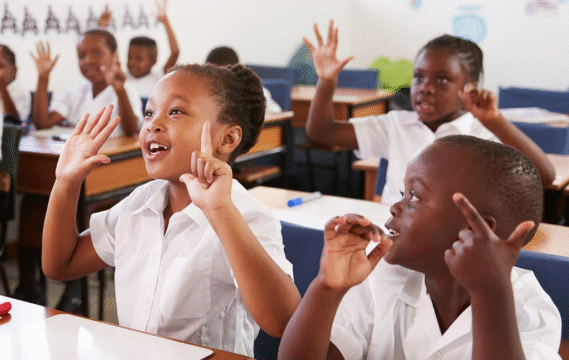Empathythe ability to understand and share the feelings of othersis a powerful social skill that helps students connect, collaborate, and grow emotionally. When classrooms emphasize empathy, students are more likely to support one another, communicate respectfully, and build a positive learning environment. Here’s how educators can promote empathy in the classroom in practical, age-appropriate ways.
Why Empathy Matters in Education
Empathy contributes to:
-
Stronger peer relationships
-
Improved conflict resolution
-
Greater inclusivity and mutual respect
-
Better group collaboration and communication
When students feel understood and valued, they are more motivated to participate and contribute to class activities.
Strategies to Foster Empathy
1. Model Empathetic Behavior
Teachers set the tone by demonstrating kindness, listening attentively, and responding to students’ needs with care. When educators show empathy, students are more likely to follow suit.
2. Use Literature and Storytelling
Books and stories help students see the world through different perspectives. Discuss characters’ thoughts and emotions, and ask reflective questions like, “How do you think they felt?” or “What would you do in that situation?”
3. Encourage Perspective-Taking Activities
Activities such as role-playing or discussing real-life scenarios allow students to imagine themselves in someone else’s shoes. This deepens understanding and emotional awareness.
4. Create a Supportive Classroom Culture
Celebrate diversity and teach students to appreciate different backgrounds and viewpoints. Group work, morning meetings, and class discussions can reinforce this sense of belonging.
5. Teach Emotional Vocabulary
Help students recognize and name their feelings. When they can express themselves clearly, they are better able to understand others’ emotions too.
6. Recognize and Celebrate Acts of Kindness
Create a classroom kindness board or journal where students can record thoughtful actions they’ve seen or experienced. Highlighting positive behavior encourages empathy-driven habits.
Empathy as a Lifelong Skill
Fostering empathy doesn’t just improve classroom dynamics—it equips students with skills that benefit them throughout life. From teamwork in the workplace to healthy personal relationships, empathy is a cornerstone of social success.






